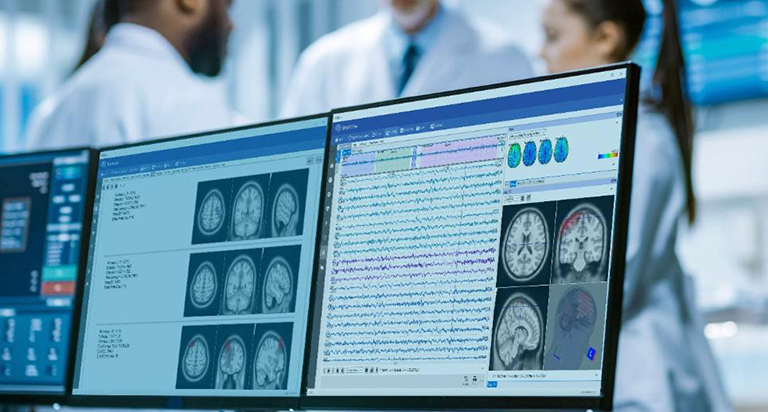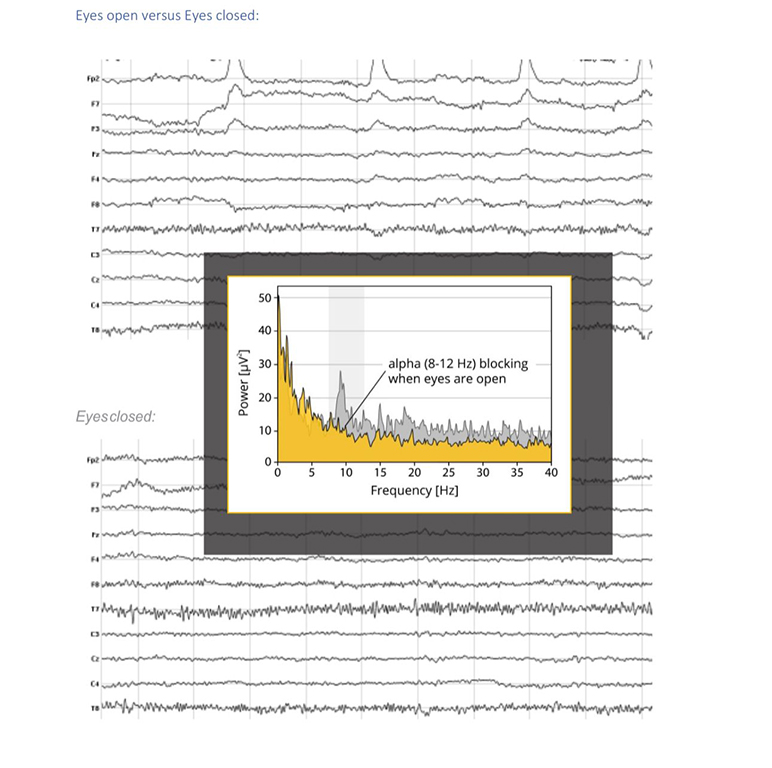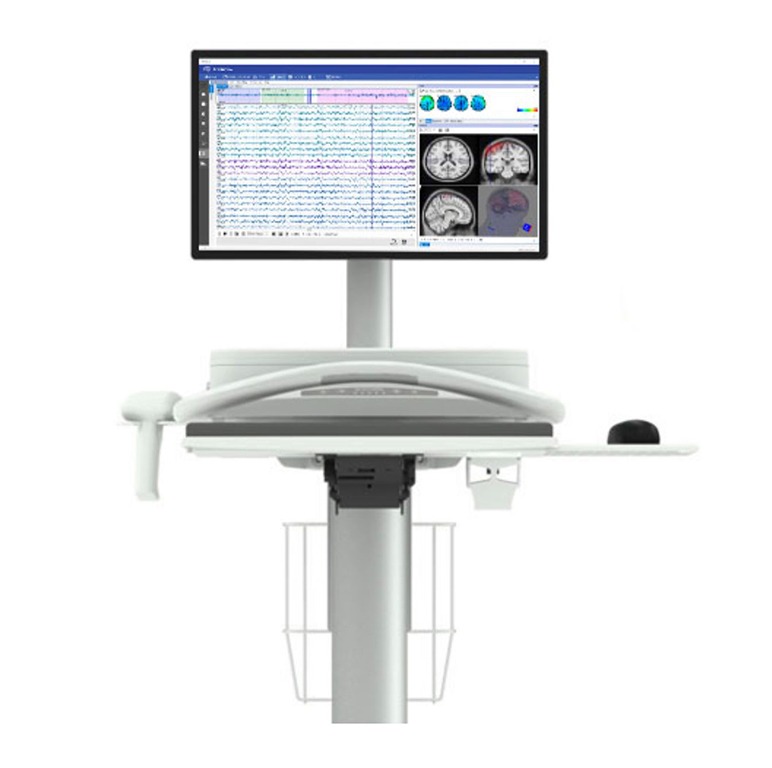Peak Performance offers six services to clinical providers in support of their personal injury cases, alleviating this workload from the provider:

1. Telehealth Intake:
Peak Performance provides a Telehealth intake service that includes:
consultations with a neurologist and an orthopedist. These consultations aim to accurately predict the injuries sustained by the patient, providing a high degree of probability, providing a full inventory of these injuries. This supports the providers position for medical necessity and continuation of care. Additionally, we offer a case value assessment that attorneys can utilize to work on the case effectively, rather than estimating based on the value of the vehicle damage.
2. Reading, Interpreting, and Validating Diagnostic Reports:
in reading, interpreting, and validating reports related to Traumatic Brain Injury (TBI) and alteration of motion segment integrity (AOMSI). By providing a certified diagnosis, Peak Performance helps in establishing the medical evidence necessary for the personal injury case, and alleviates the provider’s need for coordinating with external specialists.
6 Key Services for Clinical Providers in Personal Injury Cases
We facilitate case management between the medical provider and the attorney throughout the entire duration of the case. They help coordinate communication, exchange necessary information, and ensure a streamlined process until the case is settled.
4. Independent Medical Validation:
Peak Performance conducts independent medical validation of all the medical records compiled for negotiating with the auto insurer. This process helps ensure the accuracy and validity of the medical information presented, strengthening the negotiating position with the insurer. This also pre-empts the auto insurers own attempts at issuing an oppositional IMV.
5. Support to Claimant's Attorney:
Peak Performance offers support to the claimant’s attorney in various ways. They provide additional rebuttals as needed, bringing in subject matter experts when required. We also assist in negotiations between the attorney and the auto insurer, leveraging their medical expertise to advocate for the best interests of the claimant.
6. Billing Services:
We take care of the billing process for all diagnostics involved in the case. We handle billing to policies, out-of-network insurance providers, or establish a lien on the claimant’s personal injury case, ensuring that the medical expenses are appropriately managed and reimbursed.

BrainView System
The BrainView system is a cutting edge hardware and software system that allows for an objective measure of cognitive function assessment using EEG, electrocardiogram activity (ECG), visual and auditory processing speeds (evoked potentials), and a subjective neuropsychological survey.
The BrainView system is designed to help the physician effectively diagnose biomarkers related to seizures, memory loss, cognitive impairment, and other stress related neurological conditions. In addition, a neuro functional physiology report of the results is provided, including a data summary, raw data, and images.
The BrainView system is portable, easy to use, and noninvasive.
The BrainView system enables a physician to collect the patient’s neuro physiological biomarkers, which profile the patient’s neurological function. The system allows the physician to gain additional clinical information vital to making a well informed patient care decision.


What Do We Do?
BrainView offers healthcare providers an understanding of EEG/ERP associated with various neurological disorders and explains how they correlate to brain performance and behavior. BrainView offers in depth analyses, including comparing normative databases, ERP interpretation, and Low Resolution Electromagnetic Tomography (LORETA).
BrainView assists healthcare providers in understanding what the brain’s activity means to their patients in terms of everyday function and behavior. In addition, we provide recommendations of ways that neuroscience can improve and optimize brain function. This deep comprehension is essential for the referring treatment team to understand the patient’s EEG and ERP data, clinical presentation, and the best treatment options available.
Frequency based analysis of EEG data: The brain is a continuous oscillator and generates rhythmic activity even in the complete absence of stimuli during sleep, for example. Therefore, for the brain activity that drives our behavior, thoughts, motivations, and emotions, a different analytic approach is required based on the analysis of frequencies.
What are the significant frequencies that are contributing to the brain mix? How do these frequencies vary depending on internal state changes or environmental factors?
The brain generates primarily low frequencies between 1 and 80 Hertz. Specific frequency bands are classified as delta, theta, alpha, beta, and gamma and are associated with brain processes in specific regions underlying attention, cognition, and emotion.
Frequency analyses are closely linked to physiological processes and brain structures. This is why it is often much easier to stick to the analysis of frequencies and frequency bands. Another benefit of frequency analysis is that much less data is required to arrive at conclusions. However, frequency based analyses come with a cost: Unlike ERP designs that allow insights into millisecond changes of voltages, frequency based EEG measures have much less time precision.
Frequency based analyses are recommended whenever the testing time is limited. An analysis is not about the precise timing of stimulus related activity but rather about the respondent’s general mental, affective or cognitive state. Frequency analyses are instrumental in studying cognitive affective states when respondents’ EEG is measured.

